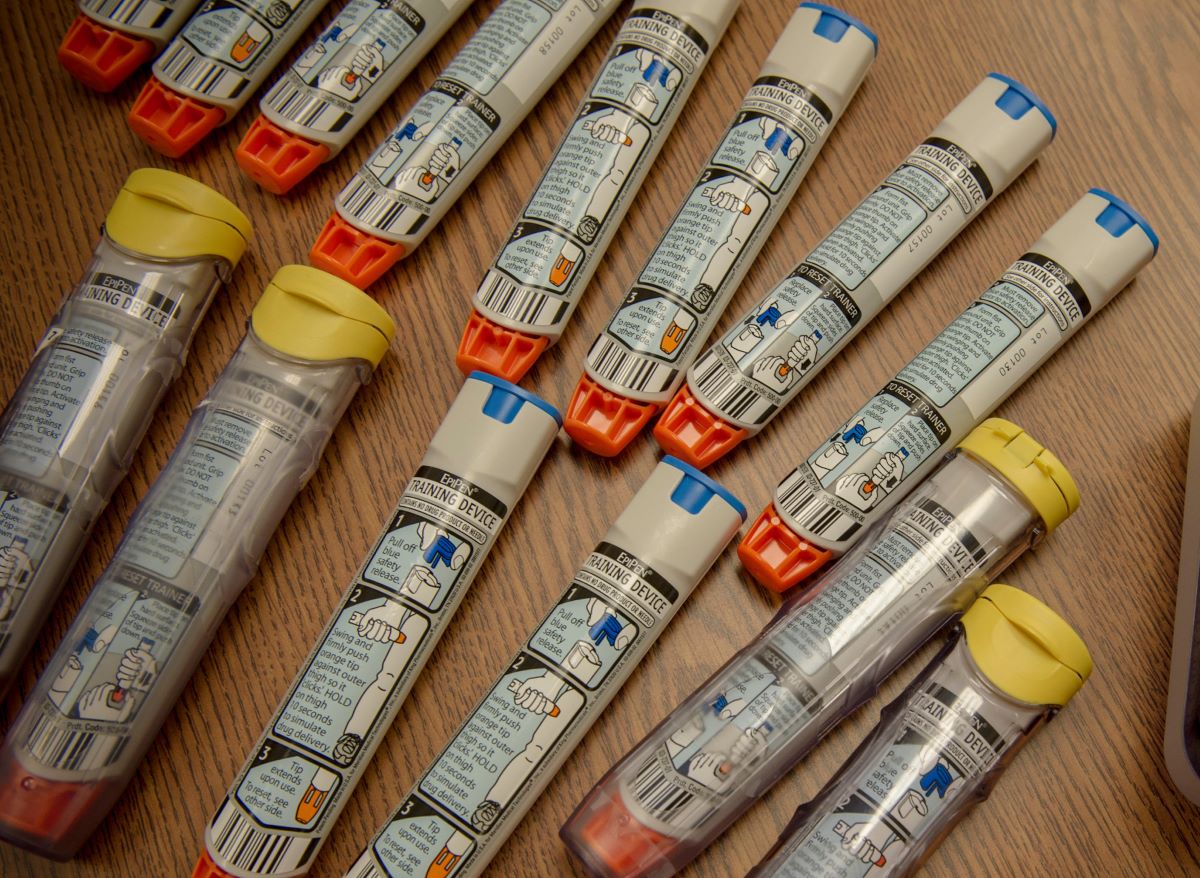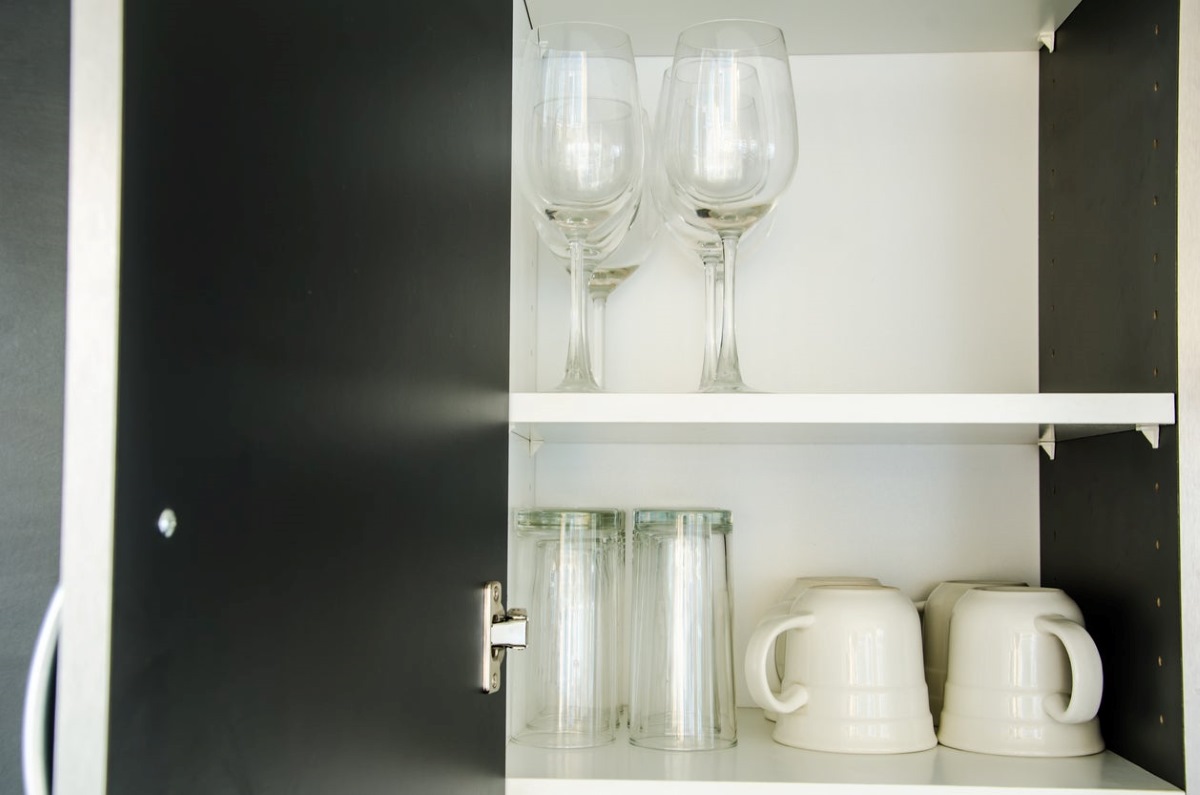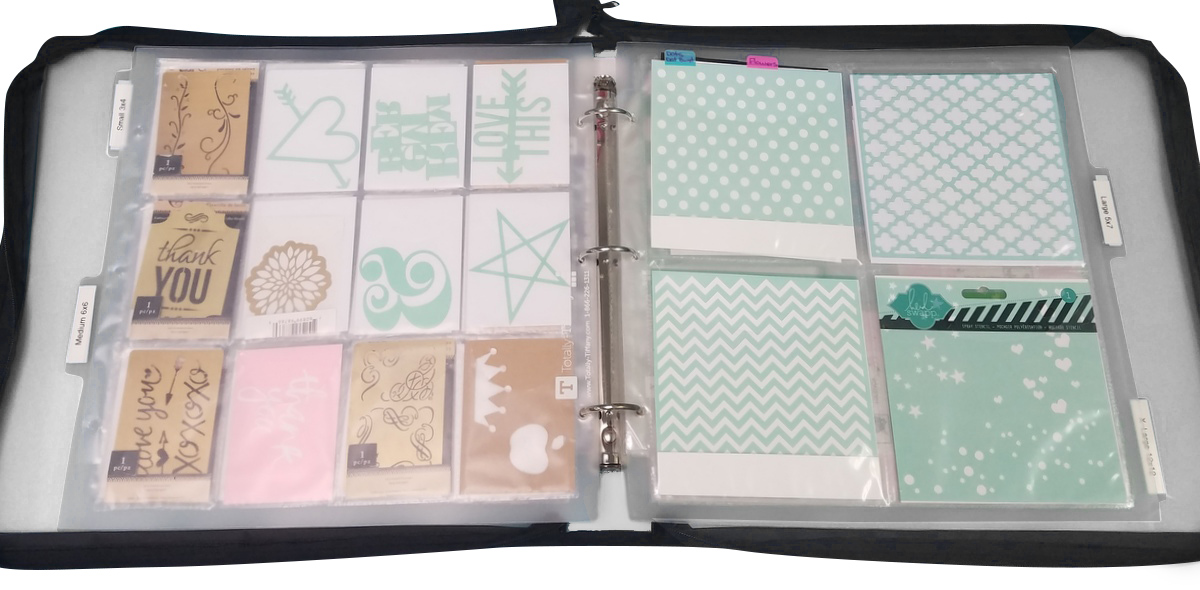

Articles
How To Store An Epipen
Modified: January 6, 2024
Learn how to properly store an Epipen with these helpful articles.
(Many of the links in this article redirect to a specific reviewed product. Your purchase of these products through affiliate links helps to generate commission for Storables.com, at no extra cost. Learn more)
Introduction
Having an Epipen can be a life-saving tool for individuals with severe allergies or those at risk of anaphylaxis. However, simply owning an Epipen is not enough – it is crucial to store it properly to ensure its effectiveness when it is needed the most. In this article, we will explore the importance of storing an Epipen correctly, factors to consider when choosing a storage location, and provide a step-by-step guide on how to store an Epipen properly.
An Epipen, also known as an epinephrine auto-injector, is designed to quickly deliver a dose of epinephrine in case of an allergic reaction or anaphylactic shock. This medication can counteract severe symptoms such as difficulty breathing, rapid pulse, swelling, and low blood pressure, potentially saving a person’s life until medical help arrives.
However, the effectiveness of an Epipen can be compromised if it is not stored properly. Factors such as temperature, exposure to light, and expiration dates can all affect the potency of the medication. Therefore, it is essential to understand how to store an Epipen correctly to ensure its maximum effectiveness.
Key Takeaways:
- Proper storage of an Epipen is crucial to maintain its potency and reliability during an allergic reaction. Avoiding common mistakes and following guidelines ensures its life-saving potential.
- Choosing a suitable storage location, checking expiration dates, and staying aware of environmental factors are essential for maintaining the effectiveness of an Epipen. Prioritize proper storage to safeguard your well-being.
Read more: How To Store Store-Bought Bread
Why is it important to store an Epipen properly?
Proper storage of an Epipen is crucial for several reasons. Firstly, it ensures that the medication remains effective and potent when it is needed. Epinephrine, the active ingredient in an Epipen, can degrade over time and lose its efficacy if exposed to certain conditions. By storing the Epipen correctly, you can maximize its shelf life and ensure that it will work properly when it is necessary to use it.
Secondly, proper storage helps maintain the integrity of the device itself. An Epipen is a delicate auto-injector that relies on precise mechanisms to deliver the medication quickly and effectively. Storing it improperly, such as in extreme temperatures or in a damp environment, can damage the device, making it difficult or even impossible to use during an emergency.
Furthermore, storing an Epipen correctly also minimizes the risk of accidental exposure to heat or light, which can negatively impact the stability of the medication. Exposure to high temperatures, such as leaving an Epipen in a hot car or near a heat source, can cause the medication to deteriorate at a faster rate, potentially rendering it ineffective.
Lastly, proper storage provides peace of mind for both the user and their loved ones. Knowing that an Epipen is stored correctly and ready to use in case of an allergic reaction can alleviate anxiety and ensure that prompt and appropriate treatment can be administered.
By understanding the importance of proper storage and taking the necessary steps to ensure it, you can help optimize the effectiveness of an Epipen and potentially save a life in the event of an allergic reaction or anaphylaxis.
Factors to consider when choosing a storage location
When selecting a storage location for your Epipen, there are several important factors to consider. These factors will help ensure that the Epipen remains in optimal condition and easily accessible in case of an emergency.
1. Temperature stability: Epipens should be stored at room temperature, generally between 68°F (20°C) and 77°F (25°C). Avoid exposing the device to extreme temperatures, such as freezing or excessive heat, as this can affect the potency of the medication. Additionally, do not store the Epipen in a car glove compartment, as temperatures inside a car can fluctuate significantly.
2. Protection from light: Epinephrine is light-sensitive and can degrade if exposed to direct sunlight or artificial light for prolonged periods. Choose a storage location that is shielded from light, such as a drawer, pantry, or medication cabinet. Avoid storing the Epipen in clear containers or in areas where it may be exposed to excessive light.
3. Accessibility: It is crucial to store the Epipen in a location that is easily accessible in case of an emergency. Ensure that both you and others who may need to administer the Epipen know where it is stored and can quickly retrieve it. Avoid storing it in a locked or hard-to-reach area.
4. Consistency: It is important to maintain consistency in the storage location of the Epipen. By keeping it in the same place, you can develop a habit of knowing where to find it, ensuring that it is readily available when needed.
5. Protection from moisture: Moisture can damage an Epipen and render it ineffective. Choose a storage location that is dry and free from excessive humidity. Avoid storing it in bathrooms, near sinks, or where it may be exposed to water.
6. Child-proofing: If you have young children in the household, consider storing the Epipen in a child-proof container or a locked drawer to prevent accidental access. However, ensure that the container or drawer is still easily accessible to adults in case of an emergency.
By considering these factors and selecting a storage location that meets the necessary criteria, you can help ensure the effectiveness and accessibility of your Epipen in case of an allergic reaction or anaphylaxis.
Step-by-step guide on how to store an Epipen
Proper storage of an Epipen is essential to maintain its effectiveness and ensure that it is readily available in case of an emergency. Here is a step-by-step guide on how to store an Epipen:
1. Check the expiration date: Before storing the Epipen, always make sure to check the expiration date. Expired Epipens may not provide the intended dosage or may not work at all. If the Epipen has expired, dispose of it properly and obtain a new one.
2. Keep it at room temperature: Epipens should be stored at room temperature, typically between 68°F (20°C) and 77°F (25°C). Avoid exposing the Epipen to extreme temperatures, as both heat and cold can affect its potency. Do not store it in a car glove compartment, as temperatures inside a car can vary significantly.
3. Choose a suitable location: Select a storage location that is cool, dry, and protected from light. Consider using a drawer, pantry, or medication cabinet that is shielded from direct sunlight or artificial light exposure.
4. Avoid moisture: Moisture can damage an Epipen and render it ineffective. Avoid storing it in areas that are prone to moisture, such as bathrooms or near sinks. Ensure that the storage location is dry and free from excessive humidity.
5. Keep it easily accessible: Store the Epipen in a location that is easily accessible in case of an emergency. Make sure that both you and others who may need to use the Epipen know where it is kept and can quickly retrieve it. Avoid storing it in locked or hard-to-reach areas.
6. Protect it from physical damage: Epipens are delicate devices, and physical damage can affect their functionality. Avoid storing it in places where it may be crushed or jostled. Consider using a protective case or sleeve to provide additional protection.
7. Regularly check for discoloration: Periodically inspect the Epipen for any discoloration or changes in appearance. If you notice any changes, consult the manufacturer or a healthcare professional to assess its effectiveness.
8. Be mindful of storage duration: Epipens have an expiration date, usually about 12 to 18 months from the time of purchase. Keep track of the expiration date and replace the Epipen when it expires to ensure its effectiveness.
By following these step-by-step guidelines, you can ensure that your Epipen is stored properly and remains in optimal condition, ready to be used in case of an allergic reaction or anaphylaxis. Prioritizing the careful storage of your Epipen is a vital step in managing severe allergies and safeguarding your well-being.
Store your Epipen at room temperature, away from direct sunlight and extreme temperatures. Avoid storing it in the refrigerator or car. Keep it in its original case to protect it from damage.
Common mistakes to avoid when storing an Epipen
Proper storage of an Epipen is essential to ensure its effectiveness during an allergic reaction or anaphylaxis. However, there are some common mistakes that people make when storing their Epipens. By avoiding these mistakes, you can maximize the shelf life and safety of your Epipen. Here are some common mistakes to avoid:
1. Exposing it to extreme temperatures: One of the most common mistakes is storing an Epipen in areas prone to extreme temperatures. Exposure to excessive heat or cold can affect the potency of the medication. Avoid storing it in a car glove compartment, near heaters, or in the freezer.
2. Leaving it in direct sunlight: Epipens should be protected from direct sunlight or artificial light exposure. Leaving it in a sunny location or in a clear container can cause the medication to degrade faster. Store it in a dark and cool place, such as a drawer or cabinet.
3. Storing it in a damp environment: Moisture can damage an Epipen and compromise its effectiveness. Avoid storing it in areas prone to high humidity or near moisture sources like sinks or bathrooms. Keep it in a dry location to prevent moisture damage.
4. Not checking the expiration date: It is crucial to regularly check the expiration date of your Epipen. Using an expired Epipen can be ineffective and may even be harmful. Mark the expiration date on your calendar and replace the Epipen before it expires.
5. Keeping it in an inaccessible location: Storing the Epipen in a hard-to-reach or locked area can delay access during an emergency. Ensure that both you and others who may need to use the Epipen know where it is stored, and it is easily accessible at all times.
6. Not carrying it with you when needed: Some individuals make the mistake of leaving their Epipen at home when it is crucial to have it with them at all times. Assess your activities and carry the Epipen with you when engaging in outdoor activities, traveling, or dining out.
7. Not using a protective case: Failing to use a protective case for your Epipen can expose it to physical damage. Consider using a sturdy case or sleeve to protect the device from being crushed or jostled.
8. Forgetting to replace expired Epipens: Epipens have an expiration date, and using an expired one can be ineffective. Stay vigilant and replace your Epipen with a new one before it expires to ensure its potency.
Avoiding these common mistakes can help ensure that your Epipen remains in optimal condition and ready for use when needed. Remember to regularly check the storage conditions, expiration date, and accessibility of your Epipen to maintain its effectiveness and maximize its life-saving potential.
Read more: How To Store Basil From Grocery Store
Additional tips for maintaining the effectiveness of an Epipen
In addition to proper storage, there are several other tips you can follow to ensure the effectiveness of your Epipen when it is needed most. These tips will help maximize the potency and reliability of the medication, providing you with peace of mind in case of an allergic reaction or anaphylaxis.
1. Know the signs of expiration: Familiarize yourself with the signs of an expired Epipen. These may include changes in color or consistency of the medication, a malfunctioning auto-injector, or an outdated expiration date. If you notice any of these signs, replace your Epipen as soon as possible.
2. Keep track of the expiration date: Maintain a record of the expiration date for your Epipen. Mark it on your calendar or set a reminder on your phone to ensure timely replacement. Regularly check the expiration date and replace the Epipen before it expires to guarantee its effectiveness.
3. Store a backup Epipen: It is wise to have a backup Epipen available in case of emergencies or if the primary one becomes damaged or expires. Keep a spare Epipen in a separate location, following the same storage guidelines. This ensures that you always have access to a functioning device when needed.
4. Check for leaks or damage: Regularly inspect the Epipen for any signs of leaks, cracks, or damage. If you notice any issues, contact the manufacturer or a healthcare professional for guidance. Do not use a damaged Epipen, as it may not deliver the dose properly.
5. Be aware of environmental factors: Consider the environmental conditions when using or carrying your Epipen. Extreme temperatures, high altitudes, and excessive humidity can affect the medication’s effectiveness. Take precautions to protect the Epipen from these environmental factors, such as using a temperature-controlled case when traveling.
6. Communicate with healthcare professionals: Regularly communicate with your healthcare provider about your Epipen usage. They can provide guidance on storage, proper usage, and any changes in medication instructions. Keeping them informed ensures that you are using the Epipen correctly and following the latest medical advice.
7. Practice proper technique: Familiarize yourself with the proper administration technique of the Epipen. Read the instructions and practice using a trainer device or in front of a mirror. This will help you feel more confident and prepared during a high-stress situation.
8. Attend refresher training: If you have an Epipen for a child or someone in your care, consider attending refresher training on how to administer it properly. This ensures that you are up to date on the latest techniques and can confidently assist them if needed.
By following these additional tips, you can maintain the effectiveness of your Epipen and be prepared for any potential allergic reactions or anaphylaxis. Regularly check for expiration dates, store backup devices, and be proactive in maintaining your Epipen’s condition for optimal performance. Remember to consult with healthcare professionals for personalized guidance and ensure that you are using your Epipen correctly.
Conclusion
Properly storing an Epipen is crucial for maintaining its effectiveness and ensuring its readiness in case of an allergic reaction or anaphylaxis. By following the guidelines and tips outlined in this article, you can maximize the shelf life and potency of your Epipen, providing you with a reliable tool in the event of an emergency.
Choosing a suitable storage location that maintains a stable temperature, protects the Epipen from light and moisture, and is easily accessible is key. Avoiding common mistakes like exposing the Epipen to extreme temperatures, leaving it in direct sunlight, or storing it in a damp environment can further safeguard its effectiveness.
Additionally, it is important to regularly check the expiration dates, replace expired Epipens, and be mindful of proper storage duration. Keeping a backup Epipen, inspecting for leaks or damage, and staying aware of environmental factors help ensure the reliability of the device.
Remember to communicate with healthcare professionals for guidance and attend refresher training to ensure you are prepared to use the Epipen properly when needed. Practicing correct administration techniques and understanding the signs of expiration are essential steps in maintaining the potency of the medication.
Storing an Epipen properly is not only a matter of safety, but it also provides peace of mind for both the user and their loved ones. By taking these steps, you can be confident that your Epipen will be ready to provide life-saving treatment in case of an allergic reaction or anaphylaxis.
Always remember to consult with a healthcare professional for personalized advice and guidance regarding the storage and usage of your Epipen. By prioritizing proper storage and maintenance, you are taking an important step towards managing severe allergies and ensuring your well-being in critical situations.
Frequently Asked Questions about How To Store An Epipen
Was this page helpful?
At Storables.com, we guarantee accurate and reliable information. Our content, validated by Expert Board Contributors, is crafted following stringent Editorial Policies. We're committed to providing you with well-researched, expert-backed insights for all your informational needs.















0 thoughts on “How To Store An Epipen”